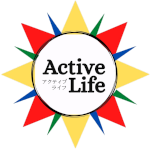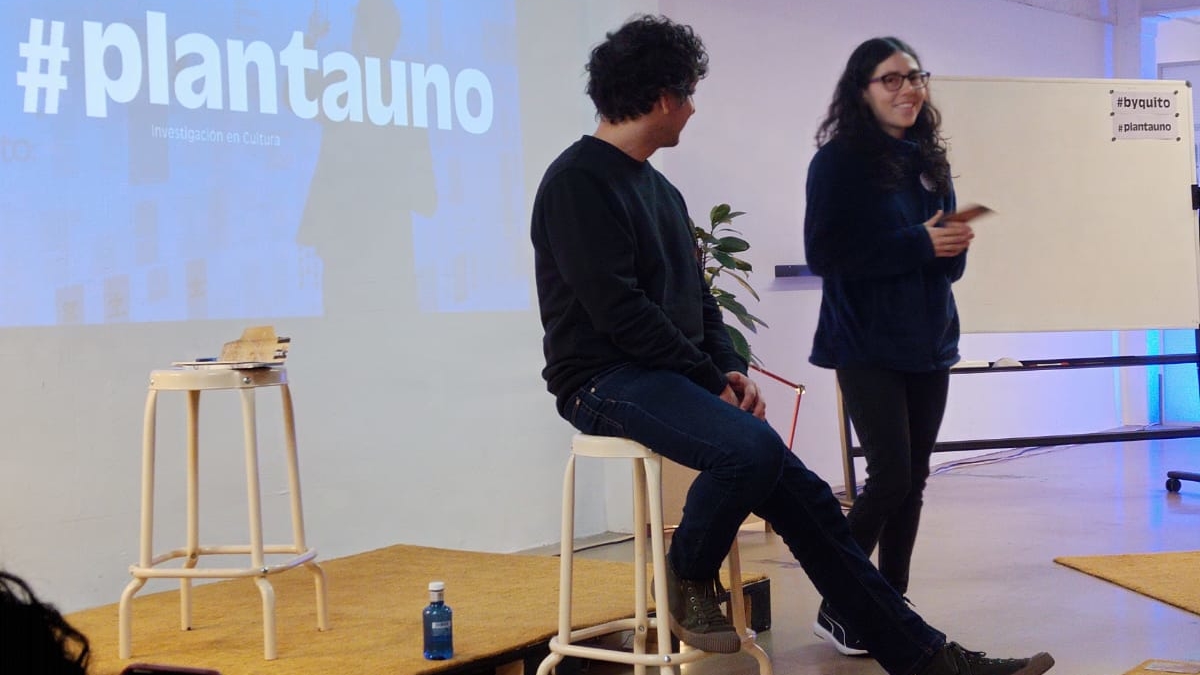Project: “Training for Community Circus Trainers”
Text by Valeria Gomez
Translated by Pia Molina
The By Quito Program was launched in October 2022, organized by the Secretariat of Culture of the Municipality of Quito, the Organization of Ibero-American States in Ecuador, and Trànsit Projectes. This program consisted of three stages.
In the first stage, “Travesías,” I participated along with 150 cultural managers with my project proposal for “Training for community circus trainers”. Through virtual meetings, exercises, and tutor support, I put together a dossier outline of my project.
In the second stage, “Camaleones”, 50 projects were selected to participate in a four-day in-person training with international experts in which we delved into sustainability models of cultural projects. Based on tools from the business sector applied to cultural work, this training allowed me to align my project with the Sustainable Development Goals and learn about global trends in the context of the climate emergency.
Within “Camaleones”, we participated in interviews where the ten best independent cultural agents were identified to conduct an international experience in Madrid and Barcelona for a week.
The third stage, “Sures,” consisted of a cultural residency in Spain (Barcelona and Madrid) to conceptually support and inspire new ways of doing things, nurture our projects, and forge alliances and contacts during our stay.
The #plantauno Culture Research Center coordinated the residencies in Barcelona. Trànsit Projectes in Impact Hub and the Organization of Ibero-American States were in charge in Madrid.
In March, I received the news that my project was among the ten projects selected to participate in “Sures”. Upon arriving in Spain, we discovered different cultural spaces and initiatives, both public and private. Many of these started from scratch and have become recognized spaces at the national, regional, and local levels, and they have managed to impact populations and territories that have believed in art as a field of expression and transformation of reality.
Outside of what the “Sures” program involved, I visited the “Ateneu Popular Nou Barris,” a public sociocultural space that operates according to the community management model. This project is based on social intervention through culture, promotion, and circus training.
Likewise, I visited the “Central de Circ,” a space for creation, research, training, rehearsal, and continuing education for professionals in the circus arts. Their representatives explained me how their two cultural spaces work.
Already in Ecuador, I returned with inspiration and drive to take action. I am motivated to create an “Ateneu” in our country, full of laboratories, workshops, and research locations dedicated to community circus to positively impact vulnerable populations through art and culture, stressing the importance of decentralizing art and taking it to people who have been hegemonically excluded.



Leave a Comment